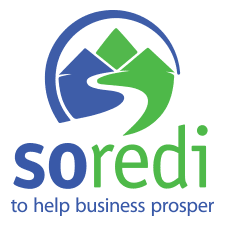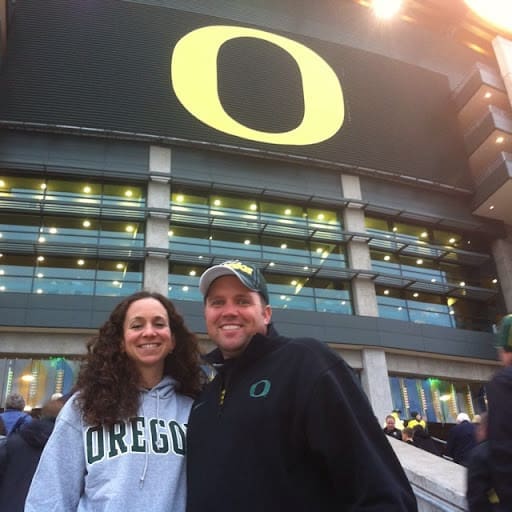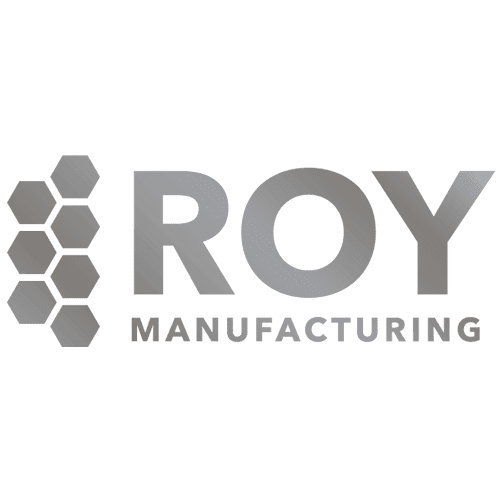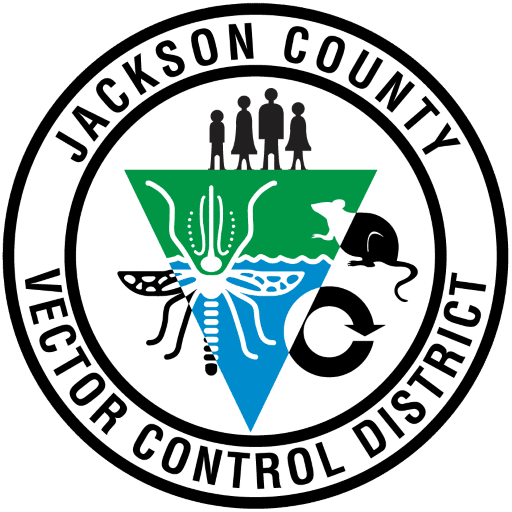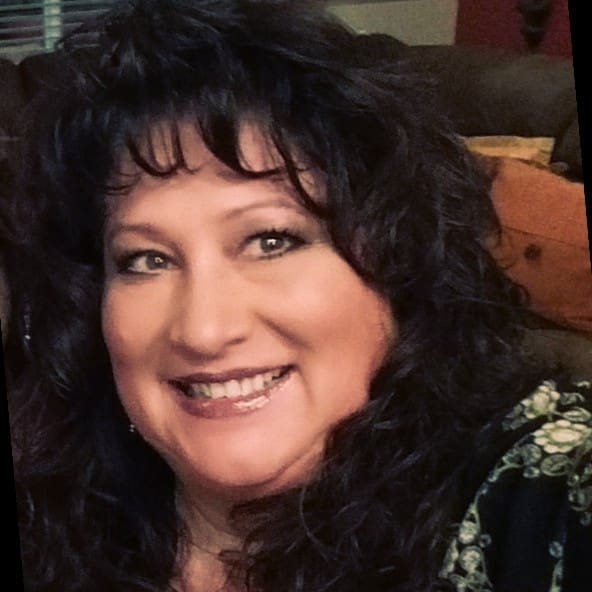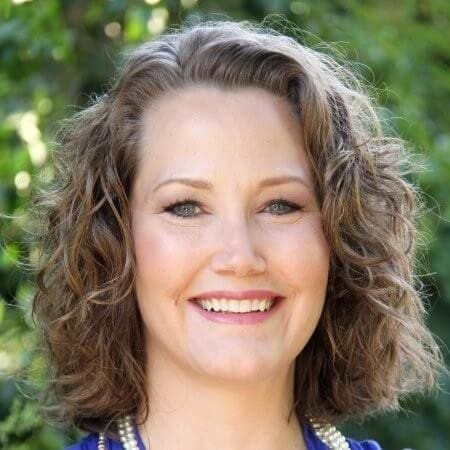In the ever-evolving world of marketing and branding, where every word counts, two terms often find themselves in the spotlight: tagline and slogan. These seemingly similar yet distinct elements are pivotal in shaping a brand’s identity and connecting with its audience. While business leaders may use these two words interchangeably, we believe it’s essential to unravel the nuances between a tagline and slogan to help businesses craft compelling and impactful messaging.
 What Is a Tagline?
What Is a Tagline?
A tagline is a succinct, memorable phrase that encapsulates the essence of a brand or product. It is a concise statement, usually consisting of just a few words or a short sentence, that serves as a quick descriptor of what the brand represents. Think of it as a brand’s identity in a nutshell, the catchphrase that immediately brings to mind the brand’s core values or unique selling proposition. The word itself comes from the entertainment industry, where a tagline is a short statement meant to clarify a thought or a concept. Taglines are often well-known because they withstand the test of time.
Examples:
L’Oreal: Because You’re Worth It. You’ve likely heard this phrase many times because L’Oreal’s tagline has been in place since 1971. “Because You’re Worth It” was crafted by a 23-year-old copywriter named Ilon Specht at the advertising agency McCann to reflect L’Oreal’s focus on creating self-confidence.
Bounty: The Quicker Picker Upper. Remember Rosie? For 30 years, from 1960 to 1990, Nancy Walker played a waitress named Rosie in Bounty’s television commercials to show how Bounty was “the quicker picker upper” to grab spills made by the diner’s customers. Before 1960, paper towel products were promoted for their softness. Bounty took a different route with its tagline to emphasize its functionality. You’ll hear this same tagline on Bounty commercials produced today.
What is a slogan?
On the other hand, a slogan is a more extended and often evolving phrase or statement that reinforces a brand’s message or promises. In contrast to taglines, slogans are usually attached to marketing campaigns and are not set in stone. They will change to adapt to evolving brand strategies or market dynamics over time. The term is based on the word “slogorn” which is an Anglicisation of a Scottish Gaelic and Irish term “sluagh-ghairm,” meaning “battle cry.” Think of a slogan as your company’s battle cry about its current products or services. Slogans are usually longer than taglines and can vary in length from a single sentence to a short paragraph.
Key differences between a tagline and slogan:
- Length. While a tagline and slogan will be relatively short, taglines are typically much more succinct–usually limited to a few words.
- Duration. If multiple generations can recite the phrase, it’s likely a tagline. Because taglines are inherent to the brand, many have existed for 30 years or more. Slogans will reflect many of the same characteristics of taglines but will change according to the current marketing campaign.
- Creation. When you work with a marketing agency like Paradux Media, developing a tagline is an integral part of identifying your brand. Taglines help personalize the brand and provide guideposts for future advertising and promotion. Slogans, on the other hand, are developed as current marketing campaigns are created.
How Taglines and Slogans Mesh
An excellent example of a company that uses its tagline and slogans well is Disney. Disney has long held a tagline of “happiest place on Earth.” The tagline reflects its core values and is evident in every stage of its business, from employee (“cast”) training to licensed product development. However, it’s also very likely you’ve heard their popular advertising slogan: “Now that you’ve [won the world series], now what are you going to do? I’m going to Disneyland!” In late 2022, Disney developed a new advertising campaign featuring a slogan, “Feels like home.” If you haven’t seen their commercials yet, you can view one here.
Tips to write a good tagline and slogan:
Remember, a tagline will be aligned with your overall brand, while a slogan will be specific to your advertising campaign. However, these tips are helpful for either one.
Make it memorable. A good tagline or slogan should be simple and easy to recognize. They should be catchy and fun but not overly clever and confusing.
Focus on benefits. How often have you heard customers buy based on benefits, not the features? Yes, it’s absolutely true. Keep your tagline or slogan focused on benefits.
Be emotional. These phrases should connect with the emotions of your audience. Positive feelings about your brand will result from positive emotions evoked by the phrase.
Be unique. Your tagline or slogan should be unique to stand out from your competition. You want your audience to picture your brand in their minds every time they read or hear the phrase.
Are you ready to put power behind your brand?
Paradux Media isn’t just a marketing agency. We’re a group of professionals with executive-level leadership who can help your team develop world-class strategies to get the results you desire. We know marketing plans only work when backed by a robust organizational structure and sound operational practices. Whether you need to seriously revamp your brand or create a results-driven advertising campaign, we can help you achieve your goals. Contact us today to learn more.
- Published: September 18, 2023
- Author: Angela Peacor
- Category:
- Tags:
- Comments:
Quacktastic Reviews:
“The team at Paradux was wonderful to work with. Their expertise, assistance, grace, and personality were such a joy in our partnership on a video…
Always willing to work with us on our (sometimes very specific) marketing needs.
Excellent team to work with! Mike and Tisha are fantastic at coming up with new ideas while staying true to my companies vision, values, and…
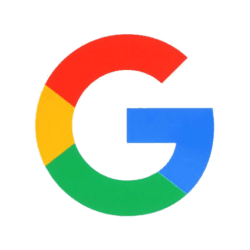
Operating a restaurant and bar is hard enough. It demands wearing many hats. Promotions and marketing is not one of them any longer since we…









Can not recommend this team enough. What started as a one-time website re-design has evolved into Paradux handling the vast majority of our marketing. Business…









We would not be able to run as smoothing, quickly, or efficiently if it was not for Paradux Media Group. Tisha and team is hands…









Recently, I had the opportunity to work with Paradux Media on a website build, and I just couldn’t have been happier with the process and…









Mike and his team are well known within the region and marketing community as an insightful industry leader. If you are looking for a Marketing…









Paradux Media is a very professional group, and they know what they’re doing. Whether they are placing buys for clients, or producing high-quality TV spots,…









Paradux helped build my business in all capacities. Without them, I would never have had the resources and ability to get so much accomplished –…









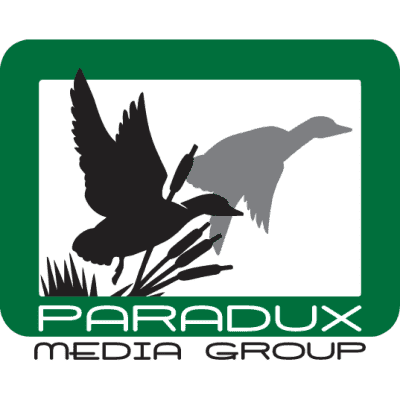
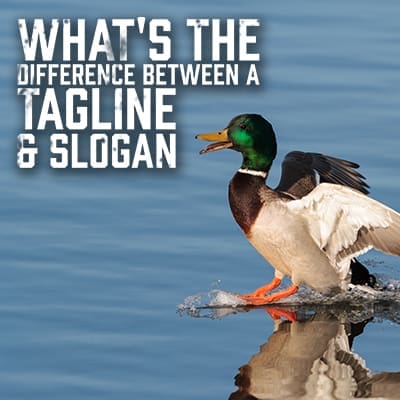 What Is a Tagline?
What Is a Tagline?
